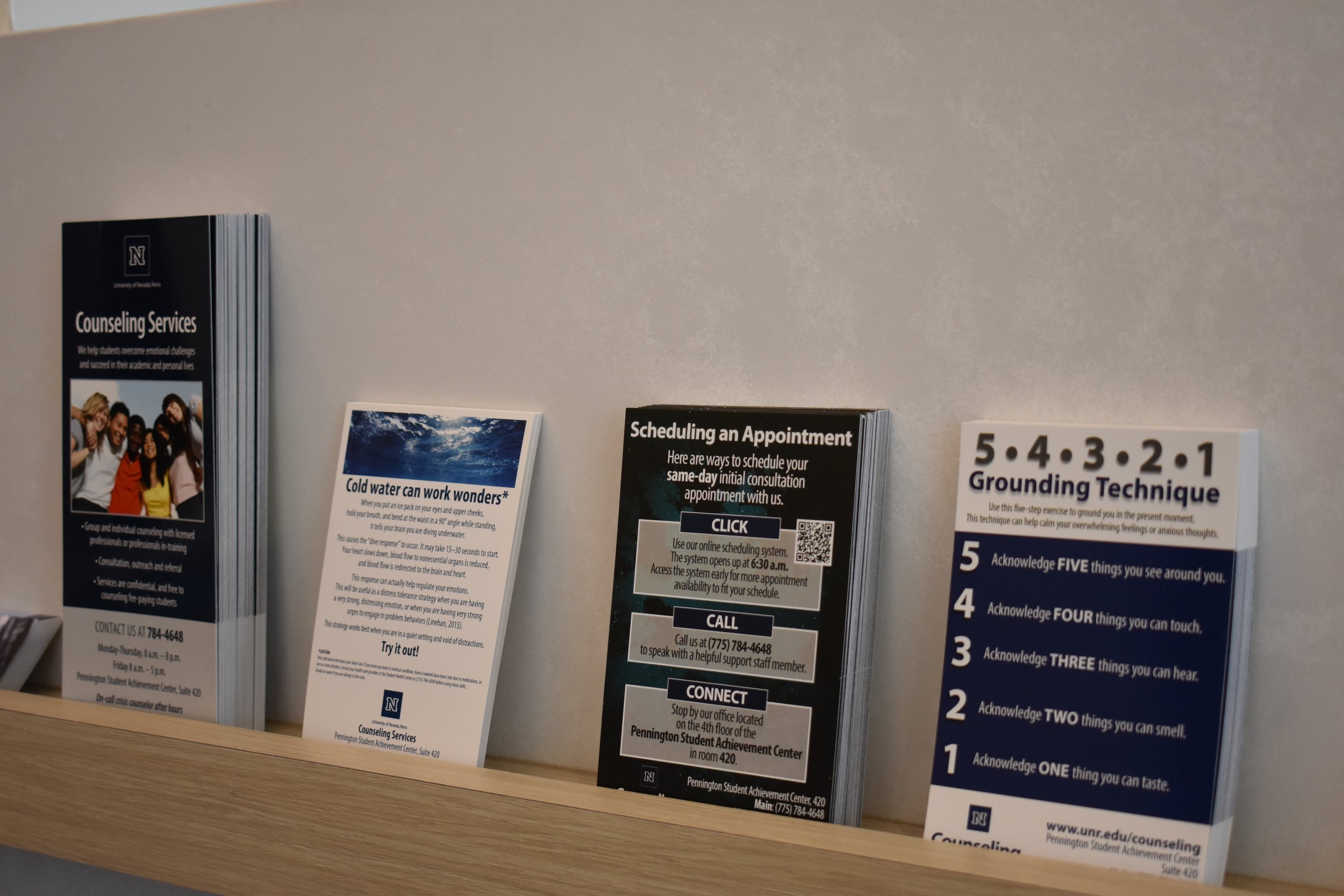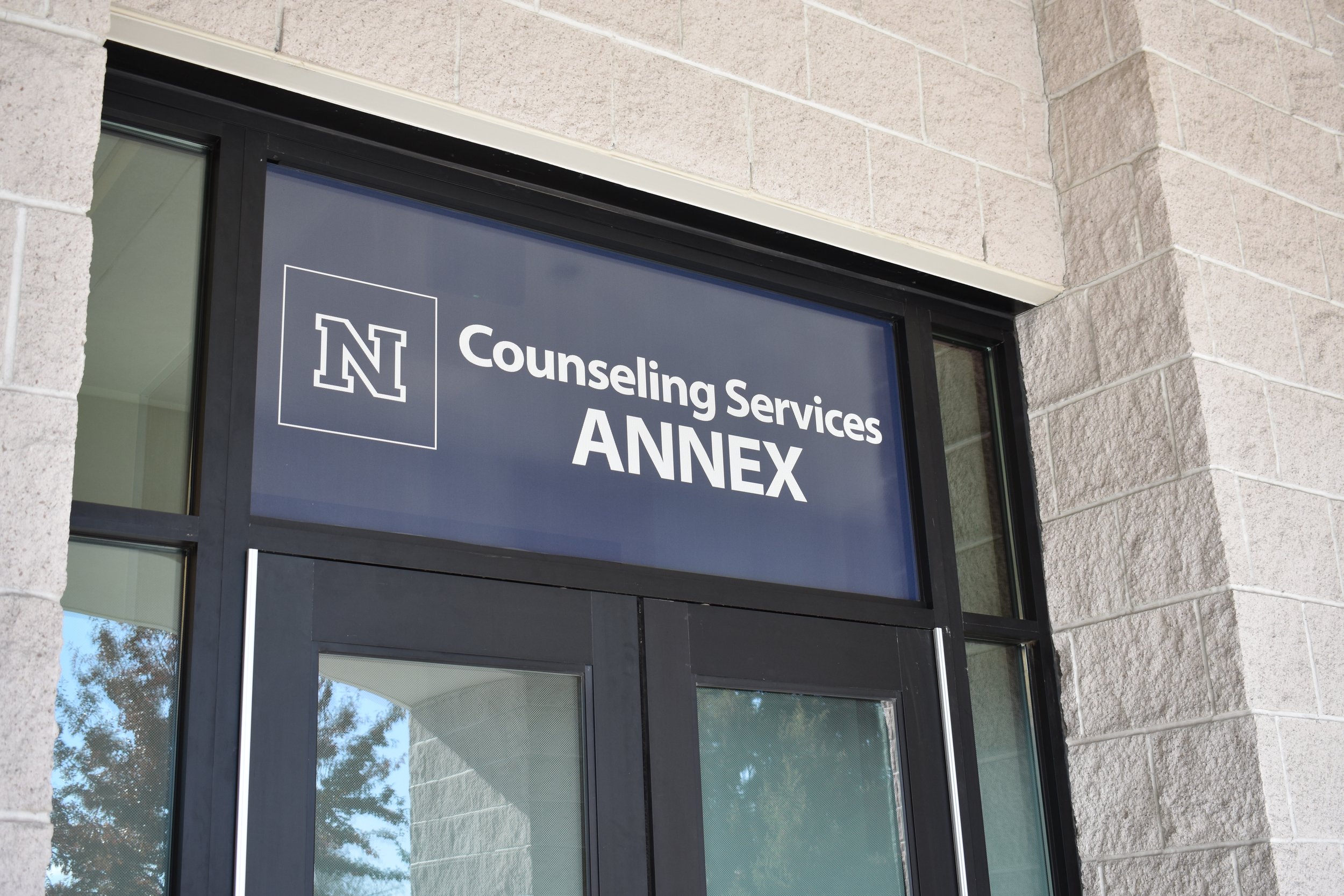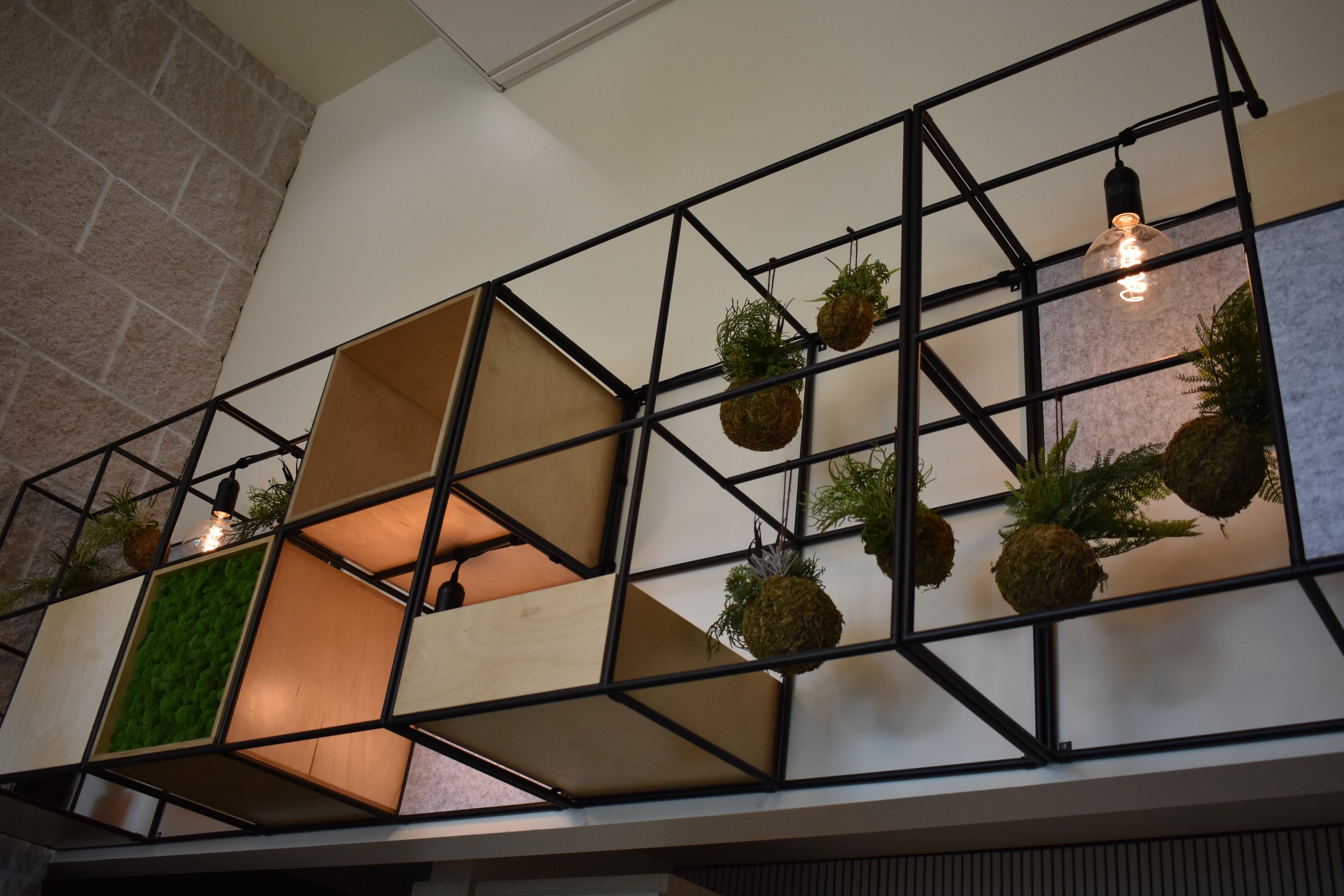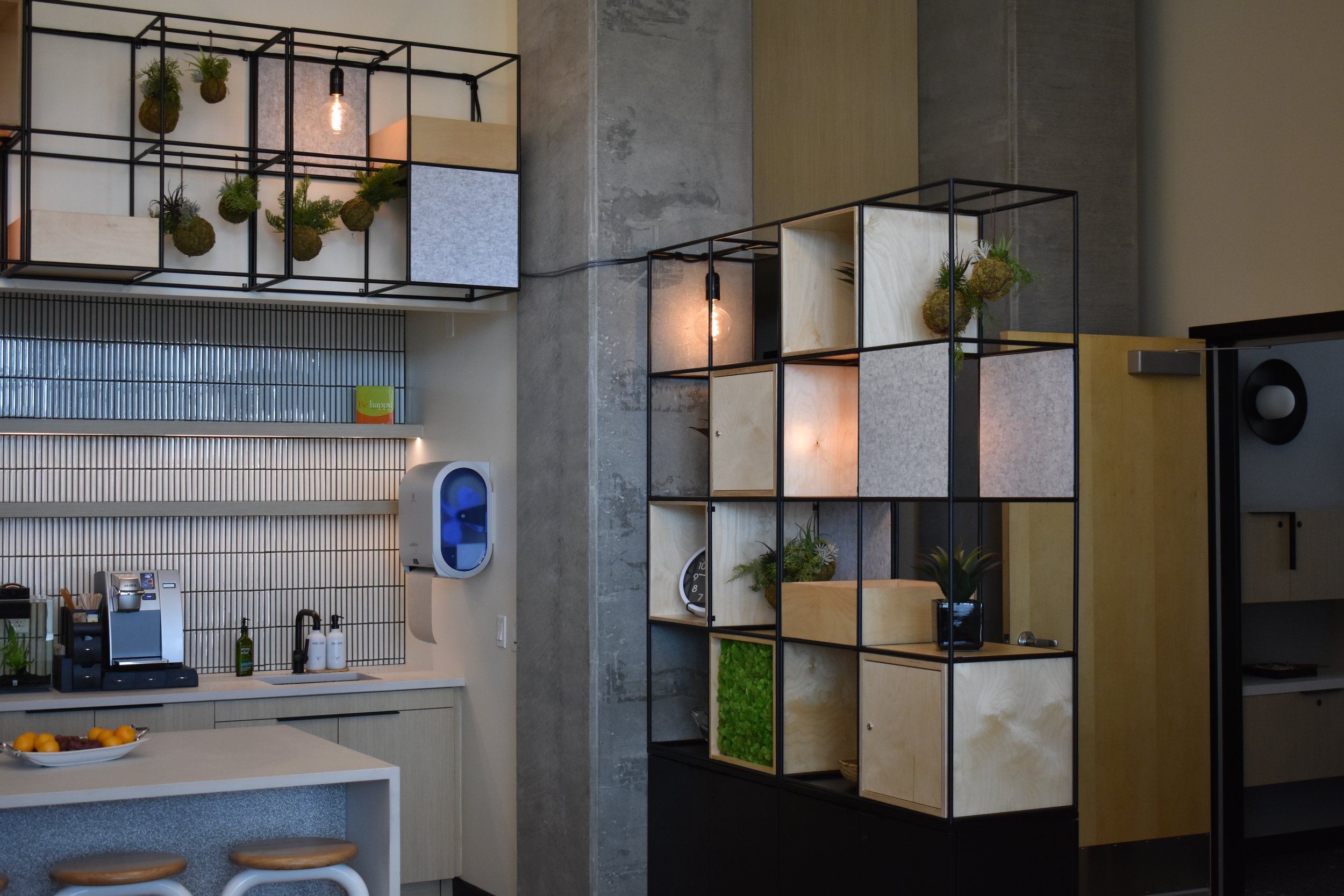Students checking in to mental health hospitals or having end of semester breakdowns and panic attacks is becoming all too common at UNR. Sadly, they are part of a global trend.
According to a study by Healthy Minds which collected data from 373 international university campuses worldwide, during the 2020-2021 academic year more than 60% of college students met the criteria for at least one mental health problem.
It is clear that student mental health is worsening, some would argue as a direct effect of COVID-19 lockdowns and being increasingly isolated. But even before the pandemic, schools had been facing a surge in demand for care that far outpaced capacity.
College students juggle a dizzying amount of challenges; from schoolwork, adjustment to college life, relationships, friendships, economic strain, social injustice, climate anxiety and other issues. As a result, college boards are starting to think outside the box to come up with ways to provide their students with the help and services they need since it is becoming increasingly clear that the traditional counseling center model is perhaps ill-equipped to solve the problem adequately.
The University of Nevada, Reno has offered students with various Counseling Services out of the William N. Pennington Student Achievement Center on campus. They’ve been providing UNR students with counseling sessions and treatment plans for various mental health issues for years, at no extra costs to the student outside of their tuition fees.
According to data from Penn State University’s Center for Collegiate Mental Health, the number of students seeking help at campus counseling centers increased by almost 40% between 2009- and 015 and continued to rise until the pandemic began – which is when that number skyrocketed. The rising demand for help, however, has not been equally matched with a corresponding rise in funding for these services, leading to higher caseloads for college counselors to juggle.
Given the increasing demand for services and the wide range of concerns students are facing, many schools are looking for new and innovative ways to incorporate a broader culture of “self-care” and mental wellness into their systems, policies, and everyday campus life. The University of Nevada, Reno introduced a new outreach center in addition to its long-standing on-campus counseling services, called The Annex. It opened at the start of the Fall 2022 semester and is open to all currently-enrolled students.
The Annex is located in the southwest corner of Great Basin Hall, and is open to all current University of Nevada, Reno students. They are open from 9:00 a.m. - 4:00 p.m. Monday to Friday for drop-in mental health support, or to study in a relaxing environment with free coffee and tea.
Although The Annex falls under the jurisdiction of the University’s counseling services department, it doesn’t actually offer one-to-one counseling in the traditional sense. “At the counseling center you need to be an established client, fill out paperwork, and there are rules around confidentiality,” explains Carla Franich, Program Director for Outreach. “At The Annex, we adhere to confidentiality standards, but it allows us to serve the students in a way where they can just drop in for a chat whenever they need to.”
They call these drop-in consultations “Let’s Talk”. They’re very informal and brief, and staff members are on hand to provide an ear to any student who comes in seeking help.
Franich explains that the informal nature of The Annex allows them “to service students in a very visible way, which we can’t really do at our confidential space in PSAC. We are able to do workshops, skill-building and mindfulness activities, support groups, and drop-in consultations which allow students to come and talk to us without having to go and sign in and complete paperwork.”
Alongside Let’s Talk, The Annex has offered various workshops since its opening at the very start of the semester. Previous workshops have included “Joy of Missing Out”, “Don’t Ghost Your Feelings”, and other mindfulness activities such as coloring and rock painting.
Feedback from the University of Nevada, Reno student body has been overwhelmingly positive so far. “They feel super comfortable being in the space,” Franich said. “We were very intentional about creating a relaxing environment.”
The Annex is indeed a very calm and zen environment, with relaxing music playing in the background, soft ambient lighting, and greenery sprinkled throughout. They offer free coffee and tea to students, as well as access to free printing services. “Students really appreciate having this new place to hang out and have the ability to consult with someone if they need advice,” said Franich.
As The University of Nevada, Reno – and college campuses all over the country – begin to move away from a sole reliance on individual therapy services for students, they’re also beginning to work towards shifting the narrative about what mental health care on campus looks like.
“The way it used to be before meant that unless you had gotten an initial consultation – which, we’re very busy [at counseling services] so appointments can be hard to come by,” Franich said. “You might not have the opportunity to talk with one of us right away, and have to wait a while for your appointment. So [The Annex] allows us to have a space to be able to talk with students and help them with any advice or troubles they’re having.”
The Annex is working to help towards the destigmatization of mental health on campus, and provide a safe and comfortable space to support students who might be struggling with their mental health. “Students should encourage their peers to reach out for help if they need it,” Franich said.
Even though The Annex – which is housed in Great Basin Hall, one of UNR’s student residential halls – is in a separate building and part of campus from the rest of Counseling Services, the two are very much still connected and under the same umbrella.
“There are students that might need that more intensive, therapeutic intervention from traditional counseling. Even though we’re at a different location, we still have access to the system,” Franich explained. “I can look at our schedules and plug them in, and book them into sessions if that’s what they want.”
Even though The Annex doesn’t offer traditional one-to-one counseling sessions, they offer a variety of other services that could be just as impactful. “Everybody processes things in such different ways,” said Franich. “There is no cookie-cutter way to address mental health challenges. We have to look at each individual student and create opportunities that are different and can appeal to the different needs of our students.”
There are also special events, reaching out to different groups. The Annex recently hosted a “Transgender Day of Remembrance” event on November 17th, and also hosted an Iranian Support Group for international students on campus to have an opportunity to connect and come together to support one another.
The events hosted so far have been very well attended and received by students, as are regular days, highlighting the need there was for a place like The Annex on campus.




